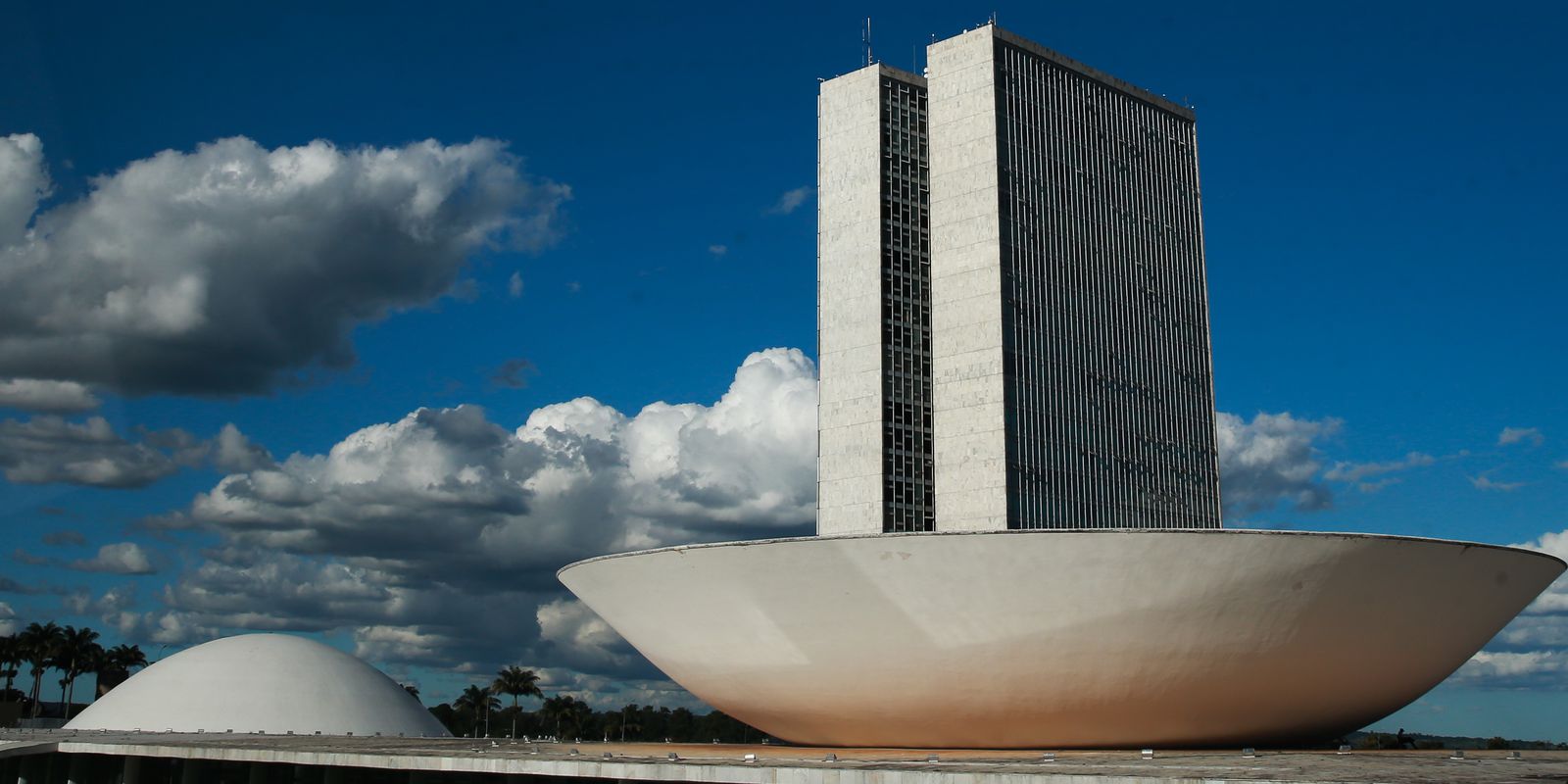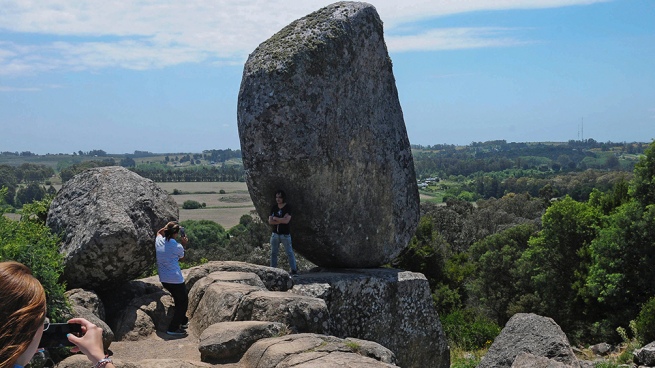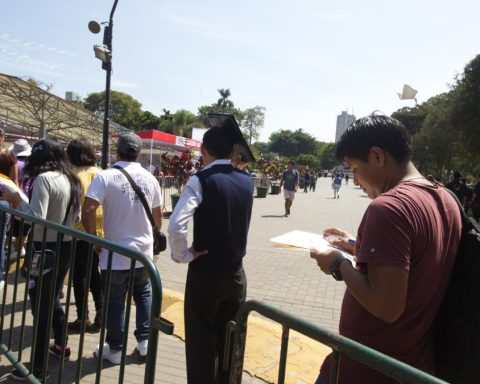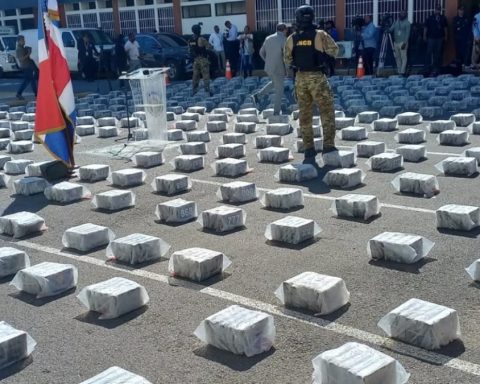The Chamber of Deputies approved this Thursday (24), by 411 votes to 27, the bill establishing the Aldir Blanc National Policy for Fostering Culture, with annual transfers of R$ 3 billion from the Union to states and municipalities to shares in the sector. The matter goes to the Senate.
The policy will be valid for five years and is aimed at cultural workers, entities and individuals and legal entities that work in the production, dissemination, promotion, preservation and acquisition of artistic and cultural goods, products or services, including material and intangible cultural heritage. . In all, 17 groups of cultural activities can be contemplated. According to estimates by the rapporteur, deputy Celso Sabino (União-PA), the sector involves, directly and indirectly, 830 thousand jobs.
States and municipalities must invest 80% of the funds received in actions to support the cultural sector through public notices, public calls, awards and purchases of cultural goods and services, in addition to subsidies for the maintenance of artistic spaces and cultural environments that develop regular and permanently in their territories and communities.
The rest of the money must be transferred directly to actions to encourage programs, projects and actions to democratize access to artistic and cultural production in urban and rural peripheral areas, as well as traditional peoples and communities.
The resources provided for in the proposal will be divided between states and the Federal District and municipalities. The apportionment among the federated entities will follow two criteria: 20% according to the State Participation Funds (FPE) and Municipalities (FPM) indices, as the case may be; and 80% proportionally to the population.
subsidies
In the case of subsidies to cultural spaces, the maintenance value must vary from R$ 3 thousand to R$ 10 thousand, which can be used both in support activities and in core activities and must be corrected annually by the inflation index.
In return for receiving the funds, the beneficiaries must carry out activities for students from public schools or activities in public spaces in their community, all free of charge, and digital means can be used.
The beneficiary of the subsidy must submit accounts within 180 days after the end of the financial year in which the resources were invested.


















